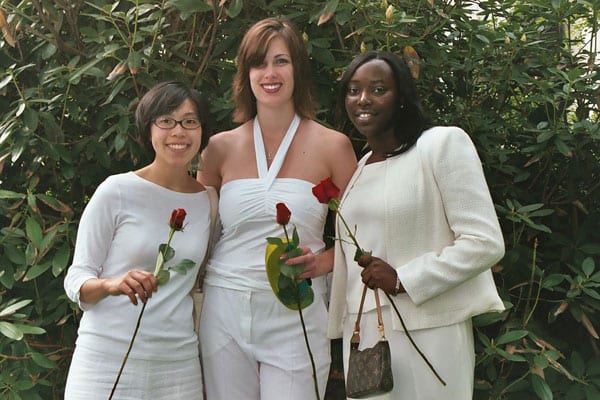
October 16, 2018; Chronicle of Higher Education
Barnard College, Spelman College, Stephens College, Scripps College, and Bryn Mawr College share some common traits: all have seen an increase in enrollment in the past few years and all are women’s colleges. This increase comes at a time when the public’s confidence in higher education has decreased to 48 percent from 57 percent. It also coincides with the #MeToo movement.
The #MeToo movement began in 2017 on social media in an attempt to demonstrate the prevalence of sexual assault and harassment. Over the past year, it has empowered and given voice to many women, including prospective college students. It may be that the #MeToo movement has played a role in the increase of enrollment in women’s colleges, or perhaps the reason for that movement—lingering and virulent misogyny—feeds the impulse for separate spaces. In any case, both are occurring at once.
Sign up for our free newsletters
Subscribe to NPQ's newsletters to have our top stories delivered directly to your inbox.
By signing up, you agree to our privacy policy and terms of use, and to receive messages from NPQ and our partners.
Barnard College’s prospective student campus tours have doubled and their admissions interviews were booked up within two weeks. Since 2004, Barnard has seen an overall 80 percent increase in applications. Scripps College has seen a 32 percent in campus tours within three years. Sweet Briar College has seen a 42 percent increase in enrollment—a stark improvement from 2015 when it was planning to close its doors.
So, what might the #MeToo movement have to do with women colleges? The movement has opened the eyes of many young women and their families, who now seek an environment free of misogyny and intimidation. Many believe that by attending a women’s college, they will bypass the sexual assaults and excessive drinking found on many American campuses. The #MeToo movement has shown young girls that a strong female presence and voice is needed. Women’s colleges provide an environment of empowerment and support. Sweet Briar, known for producing strong women leaders, has further focused its curriculum to provide a women’s leadership and an empowerment-centered curriculum.
Women’s colleges have fought through a time where their relevance was being actively questioned. Their reemergence is due to the persistence and vision of dedicated alumnae who know their worth. It will be exciting to watch this next phase of development. Many have reinvented their admission policies and processes, changed their curricula, and updated their applications. In many ways, their time has come to be at the forefront.—Diandria Barber











